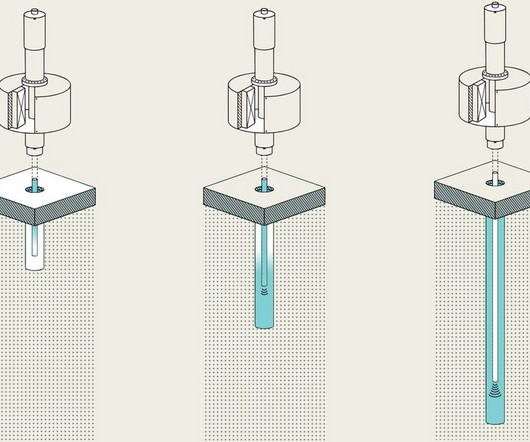MIT study finds computational load for widespread autonomous driving could be a huge driver of global carbon emissions
Green Car Congress
JANUARY 15, 2023
The data centers that house the physical computing infrastructure used for running applications are widely known for their large carbon footprint; they currently account for about 0.3% of global greenhouse gas emissions, or about as much carbon as the country of Argentina produces annually, according to the International Energy Agency.



























Let's personalize your content